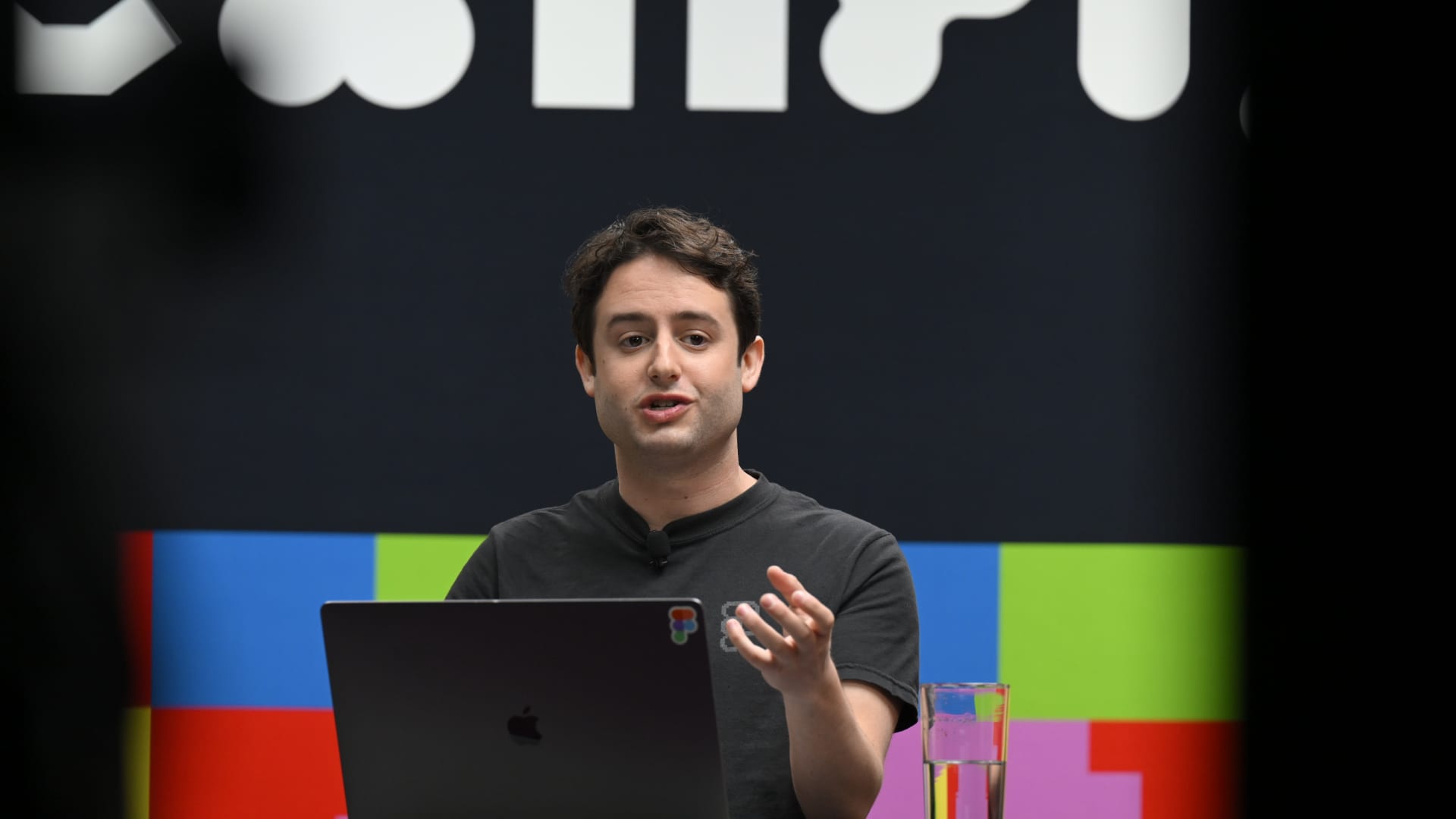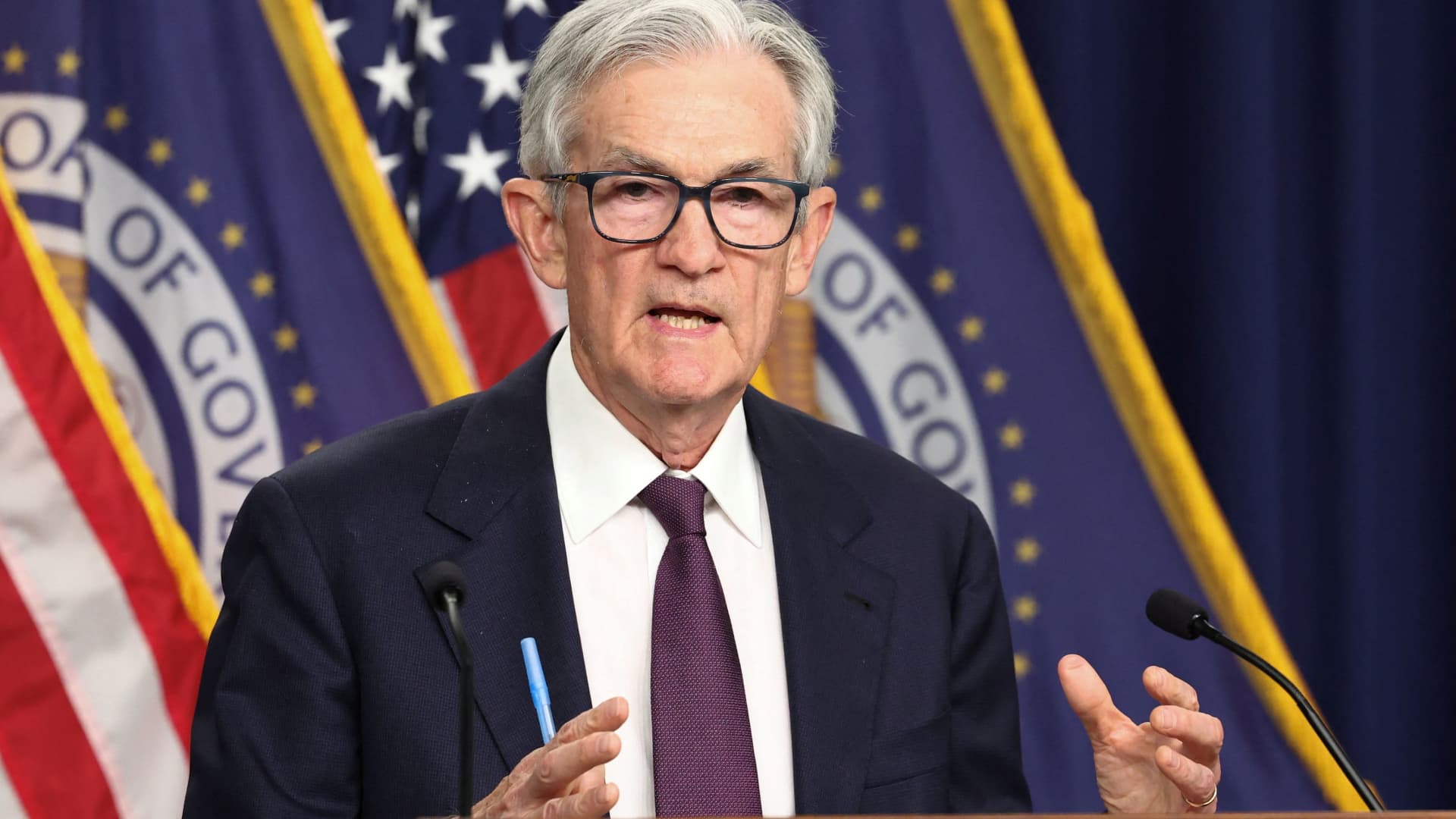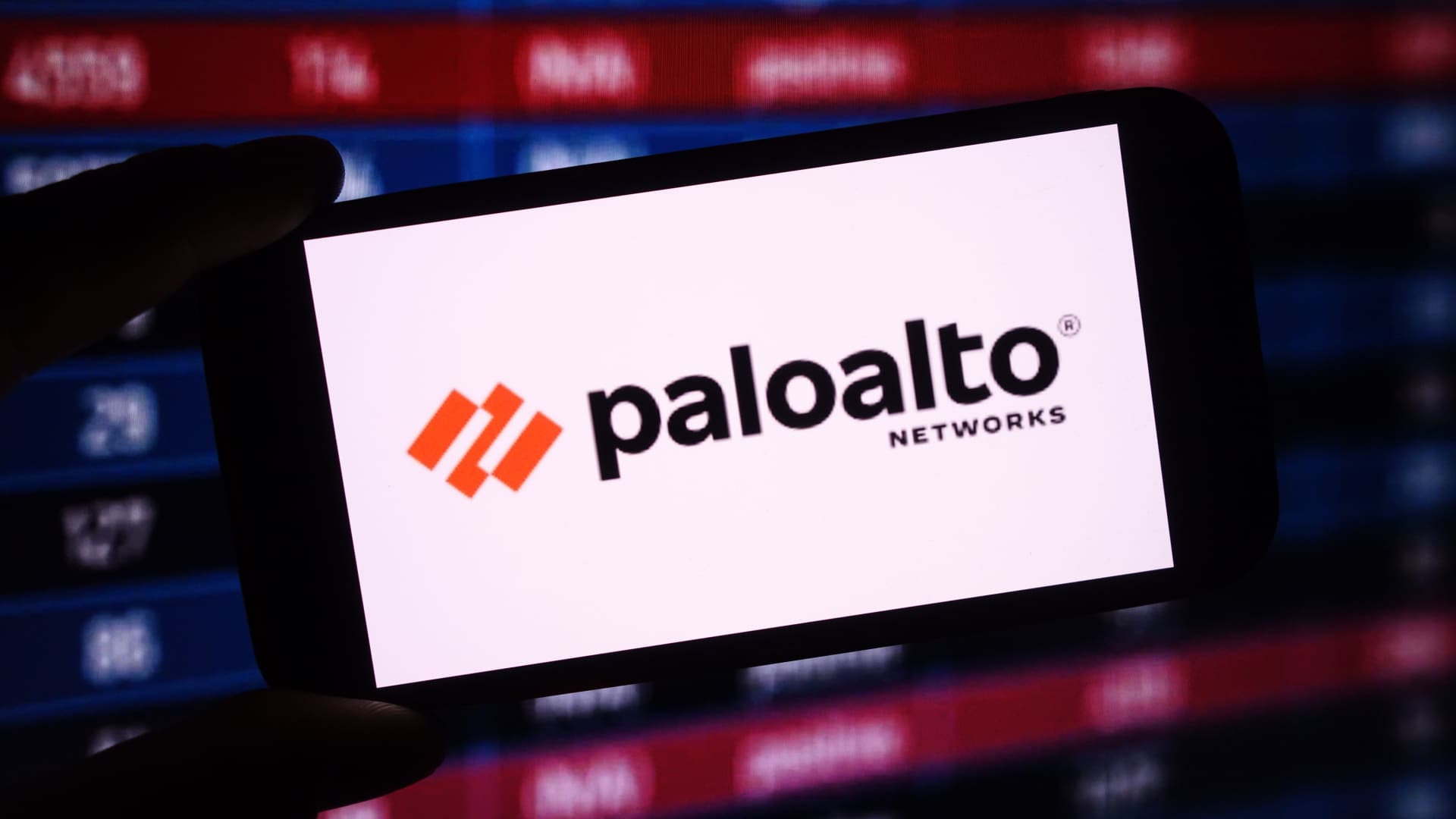“There’s a lot to like about Figma, the company, but it’s already coming public at a pretty expensive level,” he said. “And if the stock roars right out of the gate — I’m going to tell you — it’ll be too pricey for me, even as I think the company’s got a tremendous product at a very reasonable price.”
Figma is among the most valuable privately-held technology companies. On Monday, the outfit upped the expected price range for shares in its initial public offering, forecasting a range of $30 to $32 per share instead of $25 to $28. The new range would value Figma at $17.6 billion to $18.8 billion — which is below the $20 billion Adobe offered in a deal to buy the outfit in 2022. The two companies scrapped the acquisition a year later after pushback from regulators.
Cramer called Figma’s software “as ubiquitous as it is invisible,” noting that it’s used by high-profile clients like Netflix, Uber and Google. He was impressed with the software designer’s profitability, revenue growth and its ability to retain and receive more business from customers.
Judging by the strength of the IPO market and the quality of Figma’s financials, Cramer suggested the company will be well-received by Wall Street.
However, he said there are concerns about the deal aside from the raw numbers. While the IPO market has been hot over the past few months — with big winners like CoreWeave and Circle Internet Group coming out ahead — enterprise software companies have seen weakness recently, he said, especially ones that make tools for other software developers. Adobe, a dominant player in the field, is down more than 41% from a high set early last year, he noted.
According to Cramer, enterprise software is suffering because the industry might be one of the first hurt by new generative artificial intelligence technology. While he said Adobe has solid AI offerings of its own, newer AI companies are coming out with comparable products. Figma, too, has its own AI technology, Cramer said. But he said comments from CEO Dylan Field about Figma’s AI investments made him concerned that profitability would take a hit for an extended period of time. In the filing, Field said that “AI spend will potentially be a drag on our efficiency for several years.”
“I recognize the need for these companies to spend fortunes on AI,” Cramer said. “But if Figma’s operating margin goes negative, well, I don’t think Wall Street’s going to be too forgiving, frankly.”
Figma did not immediately respond to request for comment.















Leave a Reply